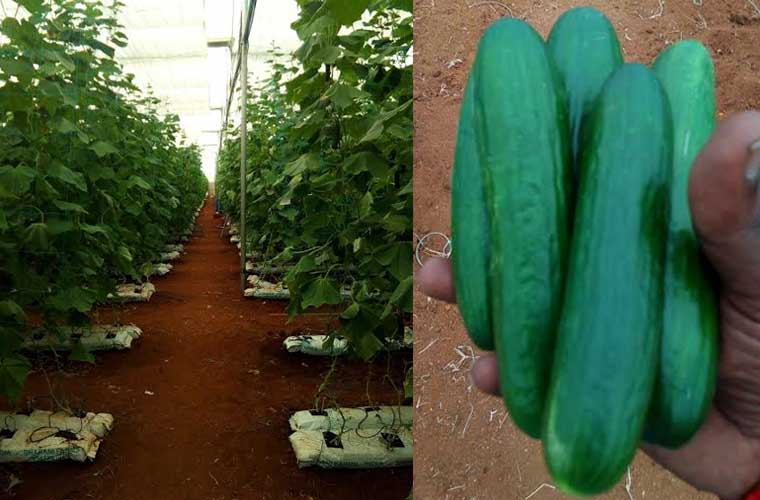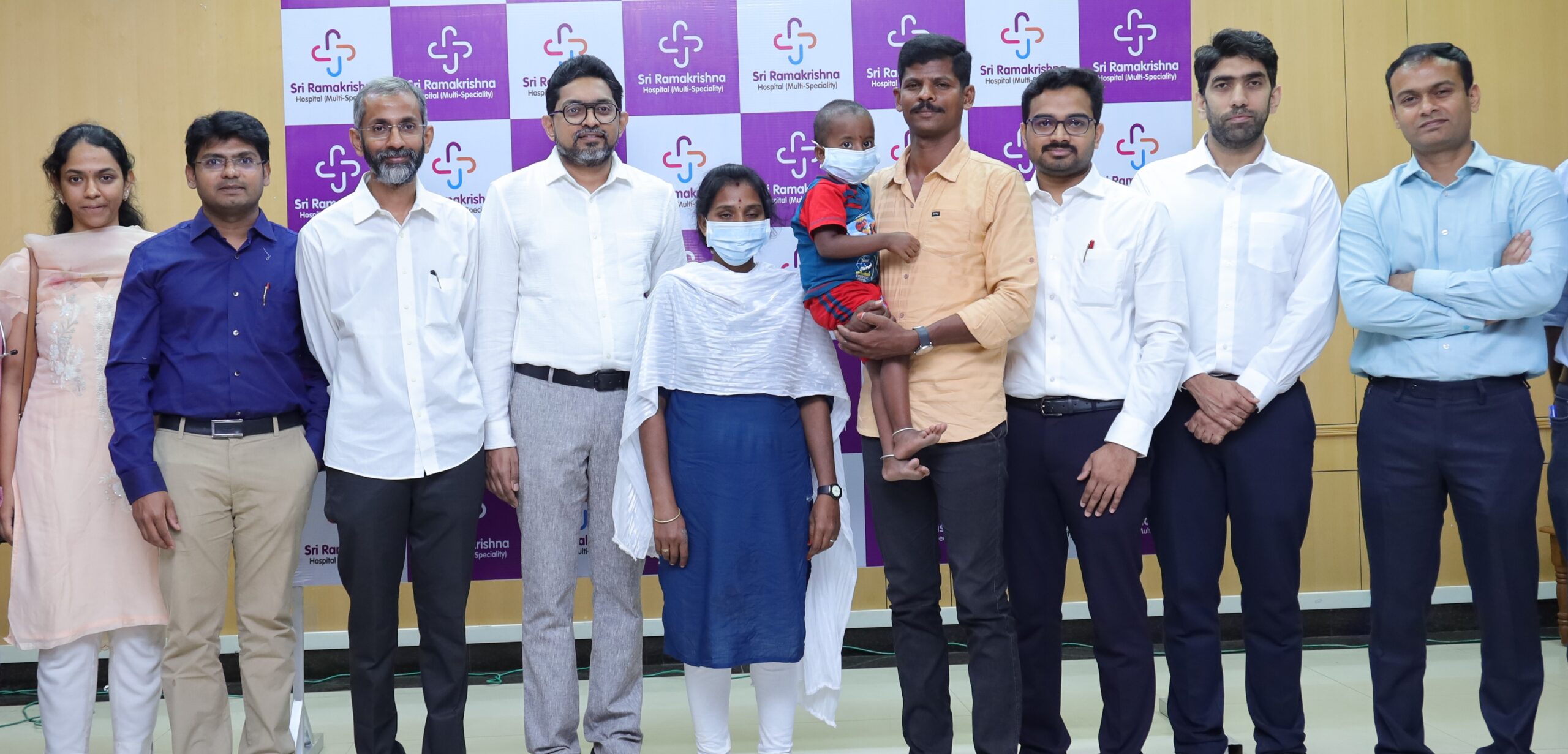Trending Now
- 830 voters names go missing in Kavundampalayam constituency
- If BJP comes to power we shall consider bringing back electoral bonds: Nirmala Sitaraman
- Monitoring at check posts between Kerala and TN intensified as bird flu gets virulent in Kerala
Coimbatore
Farming a fortune in Cauvery delta as severe drought brings agriculture to a halt in Tamil Nadu
![]() May 19, 2017
May 19, 2017
Chennai: Tamil Nadu is under grip of severe agrarian crisis, accentuated by severe drought – the worst in 140 years – and growing number of farmers are committing suicides.
At a time like this, there are few progressive farmers, like R Sarvanan of Tiruchirapalli, a 34 year old former Infosys employee, who earned profit from farming when most of the others located near his farm in Taragampatti village of Karur district, have stopped growing anything.
His 3.5 acre land is the only green patch within an area of 40 sq km and as one drives from Tiruchirapalli, barren lands on either sides of the road is the depressing picture that presents in the Cauvery delta region.
All along the 70 km distance, all one can see are wilting sugar cane fields, decaying coconut plantations and dried up paddy fields.
Sarvanan was a coding instructor with the domestic IT major, who is also a global major and was working at its Chennai office for some three years when he decided to quit some two years ago. When he quit Infosys, Sarvanan was earning a salary of Rs one lakh per month.
The farming bug had bit him when he became part of a team of weekend ‘farmers’ – company executives who would go to neighboring village farms and did cultivation as a hobby. And then, slowly, he made a proper plan to get into agriculture and began researching.
Which is how, Sarvanan made a profit of Rs 90,000 over three months – something much less compared to his salary – but which is commendable at a time when there is nothing growing in the region due to severe drought.
Sarvanan chose English Cucumber, which has a ready market. And despite having to depend on middlemen, he made a profit of Rs 90,000 over three months from farming and sounds confident of improving productivity and profits in future.
Sarvanan had bought farm land when he was still working with Infosys three years ago. Uncertainty gripping the IT sector was also one of the reasons for Sarvanan to go looking for “doing something of his own, at Tiruchirapalli where he owns an ancestral house.
With the help of his father – S Ramalingam, a retired agriculture department official – prepared a blueprint for his project – a poly house farming under controlled environment.
The construction of poly house was completed in January 2017. The crop he chose was fast-moving English cucumber for which there is a huge demand in neighboring Kerala. Other than big and small hotels, this salad vegetable has also exporters catering to to Singapore, Malaysia and Thailand as customers.
Once the what to grow was clear, Sarvanan got to “planting” English Cucumber in the one acre Poly House and used drip irrigation effectively to reduce water usage. We have had planted 15,000 plants with micro irrigation and water dip sticks. Instead of soil we used growbags –containing fine coconut chips as a growing medium that use lesser water as also it retains water for longer duration.
This also rules out soil borne diseases like nementodes. Productivity is also high, as per Sarvanan’s research.
Water of course was a problem. “After the borewell nearly dried up, I bought water in tankers at a price of up to Rs 1500 for a 8000 liter tanker. I must have spent Rs 50,000 for water tankers alone,” Sarvanan said.
After planting on February 1, he harvested the first crop – 20 tonnes – within just months. Sarvanan carries out plucking, cleaning, packing the English Cucumbers himself at his farm and sells at XXX vegetable market to dealers. This time the ruling price was Rs 20,000 per tonne and fetched him a sum of Rs 4 lakh.
Subtracting the Rs 3.10 lakh he spent for farming, agricultural inputs, water, transportation, fertilisers, on his one acre Poly house, Sarvanan earned a net profit of Rs 90,000 – in just three months.
What It needs is capital investment for this project. In his case it was Rs 45 lakh to develop one acre farm and build the poly house. Out of this, Sarvanan is eligible for a government subsidy of upto Rs 20 lakh given for Poly House farming by the central govenrment’s National Horticulture Board under the National Horticulture Mission.
“Inspection of the farm is over and the local administration has to send reports upstairs. I am hopeful that it will come through,” Sarvanan said.
Yes, many farmers surrounding our farm keep visiting my farm and are keen to take it up. “I have become an informal teacher to all of them. Some even want me to take up their farm on a contract basis,” he said.
Sarvanan wants to eliminate the “agents” and directly market his produce. The IT engineer wants to come out with Mobile Apps and e-commerce to reach out to customers directly and thus get better price.
“Yes I will take up contract farming too,” he said adding “we might take up growing lady’s finger, brinjal in November-December as climate would be more suitable.”























